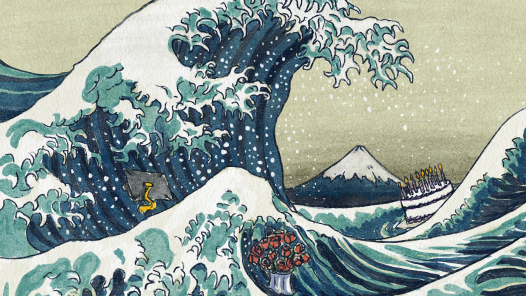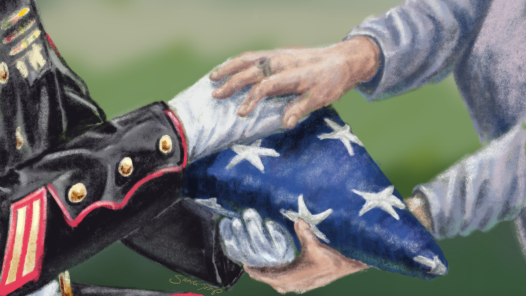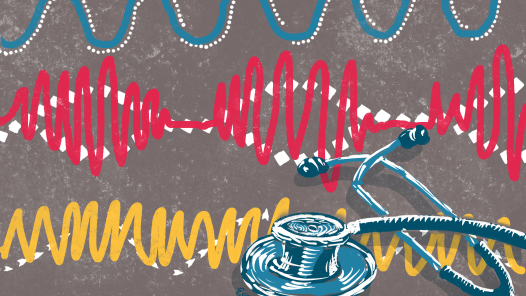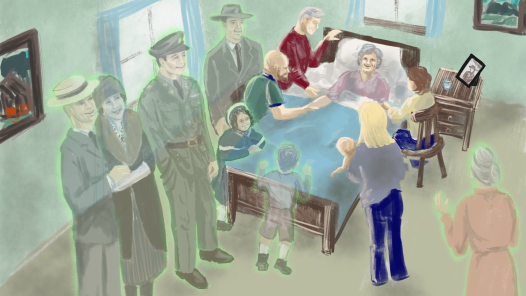We interview BJ Miller: author, TED speaker and President and Counselor at Mettle Health, the first of its kind for anyone confronting illness, disability, aging, or death. While you can’t change diagnosis, you can change the way you navigate it.
A terminal diagnosis for a loved one can turn the world upside-down. Giving care also requires good self-care and healthy perspective. In this episode you will learn several tools to help you in the rough road ahead.
Dreams are a way to process grief, especially if we didn't get to say goodbye. We explore grief dreams and things you can do if those dreams are nightmares.
Why is the second year of grief so hard? Don't worry, it's normal! We explain why and how others can help. And you're not alone, Claire shares her grief journey.
Have you heard of full military honors but not really sure what it is? Learn about who is eligible and the traditions and ceremonies honoring our nation's heroes.
How do you know when death occurs? What are the next steps and how can you prepare? We answer these questions in our continued series on the last hours of living.
How do you know when someone is in the final stages of dying, and how can you help? In this episode Dr. Matzo shares what to expect in the final stages before death so you can be prepared and also know how to provide comfort to the very end.
We are continuing our series about what to expect during the process of dying with the topic of hope at the end of life. Learn about the importance of hope for quality of life to the very end and how you can support reality-based goals.
Breath sounds and rhythms for a dying person can be alarming, even though it is a normal part of the process. Learn about pulmonary congestion, rattle, and changes to breathing patterns as we continue our series about what to expect during the dying...
An estimated 50-60% of patients will experience some form of end of life visions or dreams on the deathbed. What is this phenomenon, and how do you respond? Listen to our podcast to learn more!











